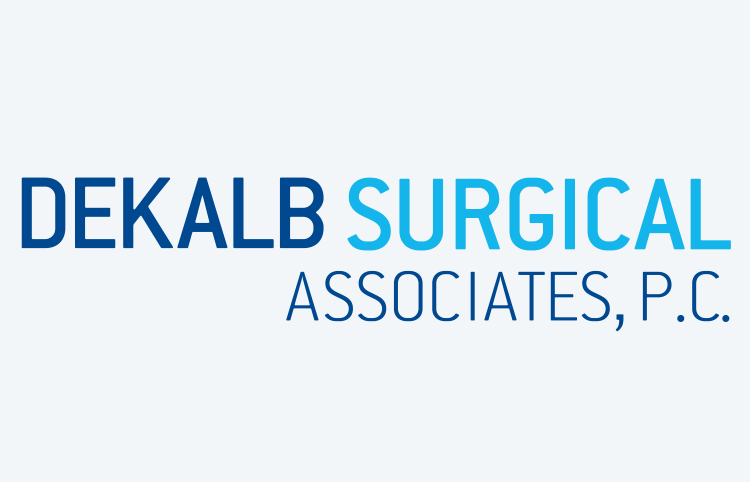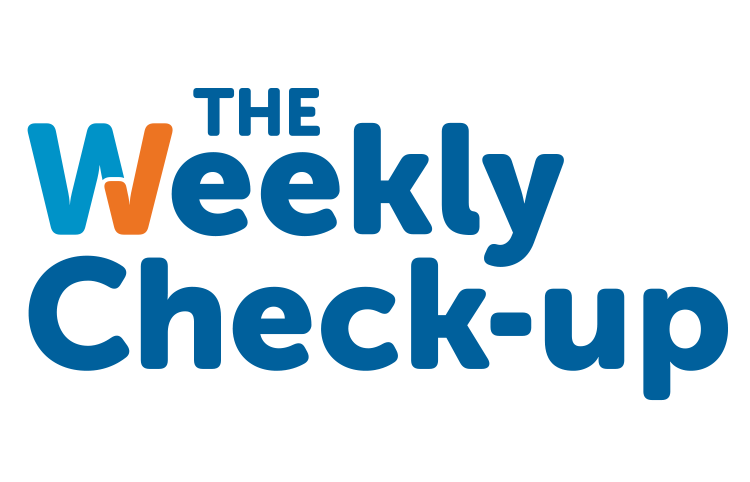New American Cancer Society Screening Mammography Recommendations
You may have heard or seen recent reporting in 2015 of an update in the recommendations made by the American Cancer Society (ACS) regarding who should get screening mammograms, and how often. The last time the ACS had published recommendations was in 2003. Those recommendations were fairly simple– start annual mammograms when you turn 40, and continue as long as your general health is good.
The updated guidelines are not so simple, and in fact, they imply that individual women may want to do their own decision making about when to start screening mammography, how often to get them, and when to stop.
Having made an attempt to read the entire publication, I can say that it’s not so easy to get through, and I confess that I skipped some sections that lost my interest and attention. Good luck if you want to give it a try. But I do think I captured the substance of the article and can share that with you.
First off, some preliminary details. These recommendations are specifically for women considered to be at AVERAGE RISK. This excludes women who have already been diagnosed with breast cancer in the past, women with strong family history of breast cancer, among others. It is also important to emphasize that ALL the recommendations are stated as “qualified recommendations”, meaning that “the majority of individuals in this situation would want the stated action, but many would not”. The article defined “strong” recommendations, but none of the recommendations is “strong”.
And so, what are the changes? For women aged 40-44, the recommendation states they should “have the option” of screening mammography. For women aged 45-55, the recommendation for annual screening remains the same. After age 55, the recommendation is for a “transition to biennial” (every 2 years) screening, but again should “have the option” of continuing annual screening if desired. Regarding when to stop screening, the language has changed, but still I would say it’s basically a matter of considering one’s general health and life expectancy. And finally, an oddball added change is to state that “clinical breast exams” are not recommended in this average risk group, once again as a qualified recommendation.
So, how big a deal is this? I think the guidelines are fairly reasonable, except for the breast exam part, which I’ll go into later. The 2003 recommendations were pretty much a “one size fits all” approach, and typically, at least so far as clothes go, I prefer to buy the size that fits me, and the same should go for screening guidelines. Although we do not know who is going to get breast cancer, there can be some risk assessment based on things like family history, menstrual history, obesity, and other risk factors. It only makes sense that the higher a woman’s risk, the greater the benefit to screening, and vice versa. If your risk for breast cancer is LOW, it doesn’t mean you definitely won’t get cancer, but if you undergo the usual screening, you have a higher likelihood of being “harmed” than you do of finding a cancer extra early. Being “harmed” means that the mammogram shows an abnormality that needs biopsied, but ends up being benign– the mammogram led to a biopsy that in retrospect made no difference for you.
Now, about the “clinical breast exam”. For the life of me I cannot understand the logic here. The article states that there is not sufficient published evidence to support this. All I can say is, if I go to my doctor, and he/she doesn’t examine me, I’ll be finding another doctor. Certainly there is variation in experience and skill of doctors in examining breasts, but it does not make sense to NOT examine them routinely, both patient and doctor, and to follow up on any concerning findings. To recommend anything different is foolish.
So, bottom line, if this just is TMI (too much information), and you just want to be told what to do, I would say, annual mammograms beginning at age 40, but there’s room for discussion. And get in the habit of checking your breasts for lumps. If you feel something that’s concerning, don’t delay in getting it checked out. And expect that your physician will do a thorough breast exam.


